Williamson County families frustrated over lack of medical examiner as area grows
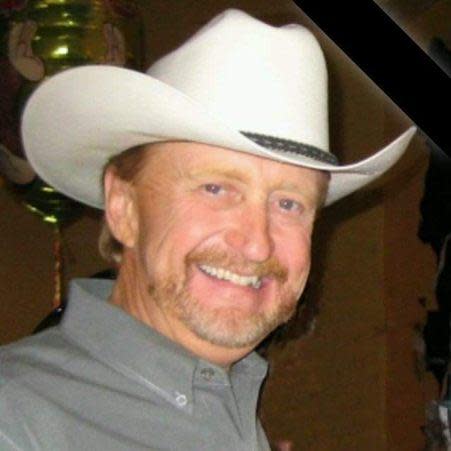
BERTRAM, Texas (KXAN) — Photos of Bob Dennis line the mantle. After his death in June 2019, his daughter Cindy Dennis-Pollard moved into his home in Williamson County.
“I don’t want to live in this house. I want this to be my dad’s house,” she said tearfully.
She explained his death was hard to cope with, especially not knowing how the 63-year-old died. She said it took eight months to get his autopsy back.
“My dad was in a freezer at the funeral home around the street from my house — every day I drove to work, I would have to pass my dad,” she said.
It’s not uncommon for autopsies to take that long in Williamson County, which doesn’t have a Medical Examiner. Instead, as allowed under Texas law, four Justice of the Peace judges determine cause and manner of death.
“You’re pronouncing whether or not it was a homicide, suicide, an accidental death or of natural causes. And any unattended death is one that will come to the justice of the peace,” explained Judge KT Musselman, Williamson County Justice of the Peace in Precinct 1.
If a case needs further investigation — for instance, for toxicology and identification purposes — they request an autopsy, which then either goes to a local, private forensics firm or the medical examiner’s office in neighboring Travis County, which the judges say can mean a wait of six to nine months.
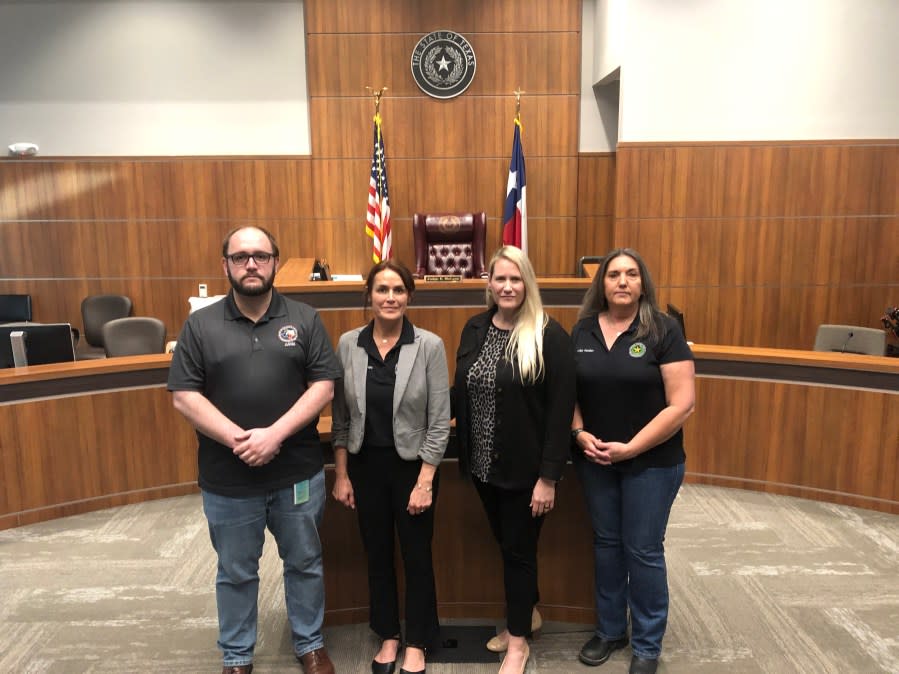
“That’s hard on the families, they’re — they’re, you know, kind of in limbo, and they don’t have a final cause of death. They don’t — they’re not able to maybe get life insurance or close out some accounts without that final death certificate. So, they’re depending on us to get the job done,” said Judge Evelyn McLean, Williamson County Justice of the Peace in Precinct 3.
The judges admit the job is getting harder and harder to do. They each are on call for a full week at a time and cover the entire county day and night in addition to holding court during the week.
“You might begin the day with evictions — continue with debt claims. You may have truancy cases,” Judge Musselman explained. “You have small claims cases, Judge Judy-style hearings… and you can marry people.”
Growing pains
As Williamson County continues to grow, the judges explained it has meant more deaths and more complex cases. It’s why they’ve been pushing for the county to have its own Medical Examiner’s office.
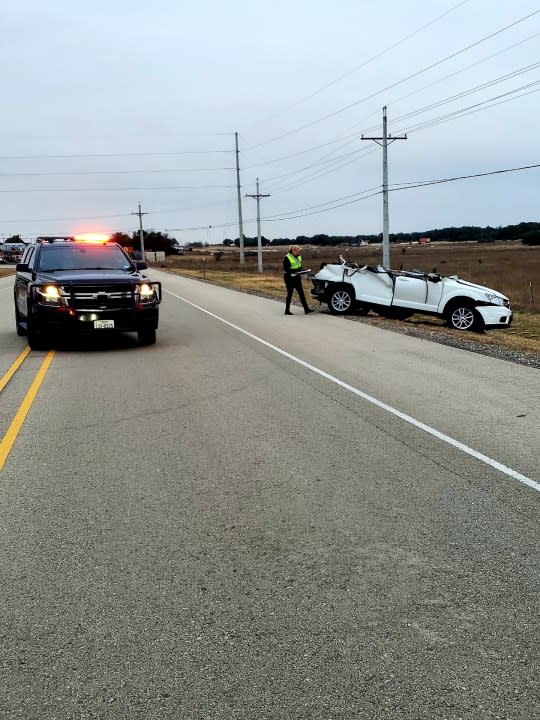
“We have no medical training. None of us have any kind of medical training,” Judge McLean said. “We feel that what’s required of us, we’re — we’re doing the job we’re asked to do but we’re definitely not a doctor.”
Data KXAN obtained shows the number of death investigations conducted by Williamson County Justice of the Peace judges has increased by 120% in the past decade — from 464 cases annually to 1,024. The judges added that, on average, they usually have 20 to 30 deaths within a week.
“The majority of Texas counties, 254 counties, you know, many of which are small enough that a Justice of the Peace system can manage that system. But Williamson County is no longer in that category. In fact, we’re at the exact opposite end of that with nearing 700,000 people. And we are now the largest county without a medical examiner in the state of Texas,” Judge Musselman said.
Texas law states a county with a population of 2.5 million must have a medical examiner but the Commissioners Court may establish one at any time. KXAN investigators asked whether it’s a priority for the county to have its own medical examiner but were referred to the law. A spokesperson added County Commissioners have not discussed the issue publicly, so they have no comment.
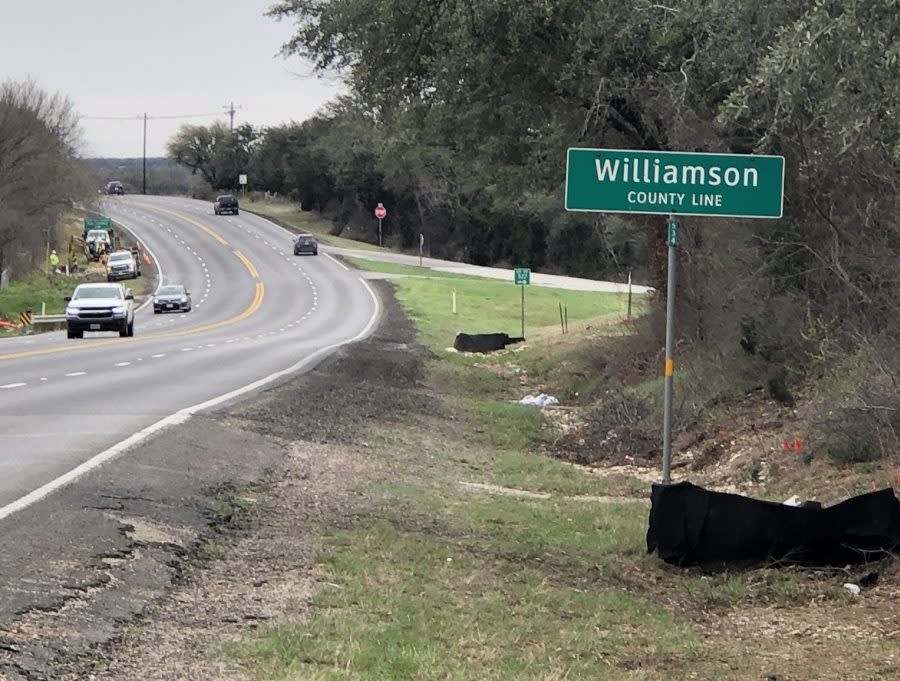
“We have to have somebody that’s willing to step up and say, ‘We have to start making those plans. We have to start figuring out where we’re going to put it. We have to start figuring out how we’re going to fund it,'” said Judge Rhonda Redden, Williamson County Justice of the Peace in Precinct 4.
Right now, the county covers the cost of an autopsy which the judges say can run up to $3,500. They estimate an initial cost of $10 million to create a medical examiner’s office and an annual cost comparable to what the county currently pays to send autopsies elsewhere. But they say the investment would bring expertise locally and with the county’s growing population it’ll eventually be required.
“I have about a million-dollar budget and about $450,000 of it is for autopsies. And that’s money that — we multiply that by each office — is $2 million, that’s going out of the door each year,” Judge Musselman said.
Impact on law enforcement
Last month, the judges along with Williamson County Commissioner Valerie Covey traveled to Fort Bend County in the Houston area to tour its medical examiner’s office and get a better understanding of how it was funded.
“The current population of Williamson County is less than 800,000, and the Commissioners Court has not discussed this issue to date. However, I anticipate that this matter will be discussed during the county’s FY24-25 budget proceedings and will be considered in the County’s strategic planning efforts,” said Commissioner Covey in a statement to KXAN investigators.
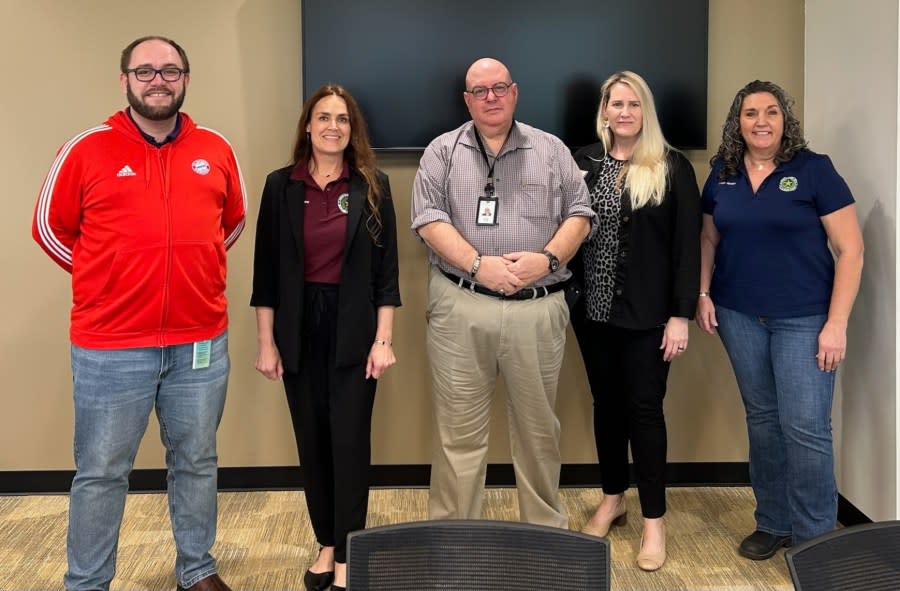
Fort Bend Chief Medical Examiner Dr. Stephen Pustilnik told KXAN the county opened its office in December 2019. He added funding was provided through a bond package and it cost the county $3.2 million to establish the office on land the county already owned. An expansion project was finished last year for an additional $1.75 million, making the current facility size over 18,000 square feet.
“The compassion of a society is measured by how it treats its dead,” Dr. Pustilnik said. “What is it worth for the county to save money to miss a homicide, elderly abuse, child abuse, drug overdose when you don’t have an office with a trained medical examiner.”
Law enforcement across Williamson County told KXAN they’re feeling the impact especially if there are multiple incidents and scenes at one time.
“The city of Round Rock Police Department might be out on multiple scenes at one time — same with Georgetown, Leander, Cedar Park,” said Williamson County Sheriff Mike Gleason. “There’ll be multiple agencies with multiple detectives waiting on them, which, you know, it’s not fair to the family … the body can’t be moved, the process cannot be continued until the JP arrives.”
Growing dockets
The judges explained they make it a priority to arrive as quickly as possible, although deaths often fall in the middle of the night or during court.
They add their dockets are growing and starting next January they’re required to have a Youth Diversion Program, which they explained will take additional resources and time.
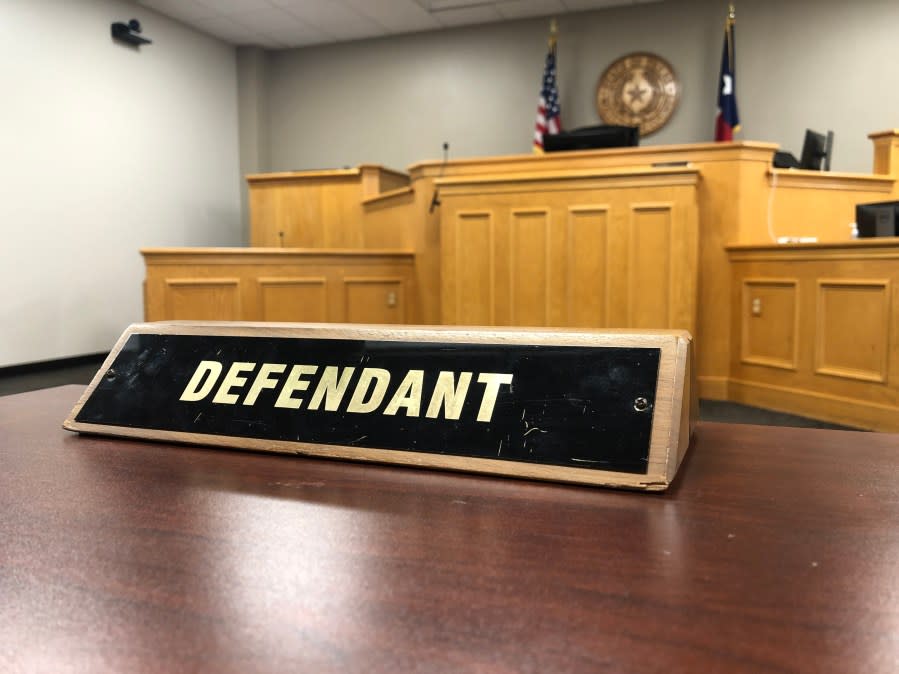
“It’s very difficult to hold small claims trials during the weeks that you’re on call because you’re forced to make the impossible choice when you’re in the middle of somebody else’s case, their trial that they may have waited years to be heard. And another call comes in because someone has died,” Judge Musselman said.
Judge Williams, Williamson County Justice of the Peace in Precinct 2, explained in one night she had three death calls she responded to from midnight until 3 a.m. The next morning, she had another death call and then had to take the bench.
“I had evictions with three hours of sleep — just responded to a family and had to preside over that death. And I made a mistake on that eviction and that ruling. And as soon as I made my ruling, I knew I should have took more time. But you get pressed for time. And then lack of sleep also convolutes your judgment. And it’s really not fair to the taxpayers,” said Judge Williams, who ended up recalling the case two weeks later.
She explained that work also doesn’t stop when they leave the bench or a scene.
“You’re handling death certificates and authority to cremate. You’re talking to families in abundance because families are hurting. They are — they’re confused. They don’t really know what happens next. And so, you spend a lot of time on the phone with families,” Judge Redden added.
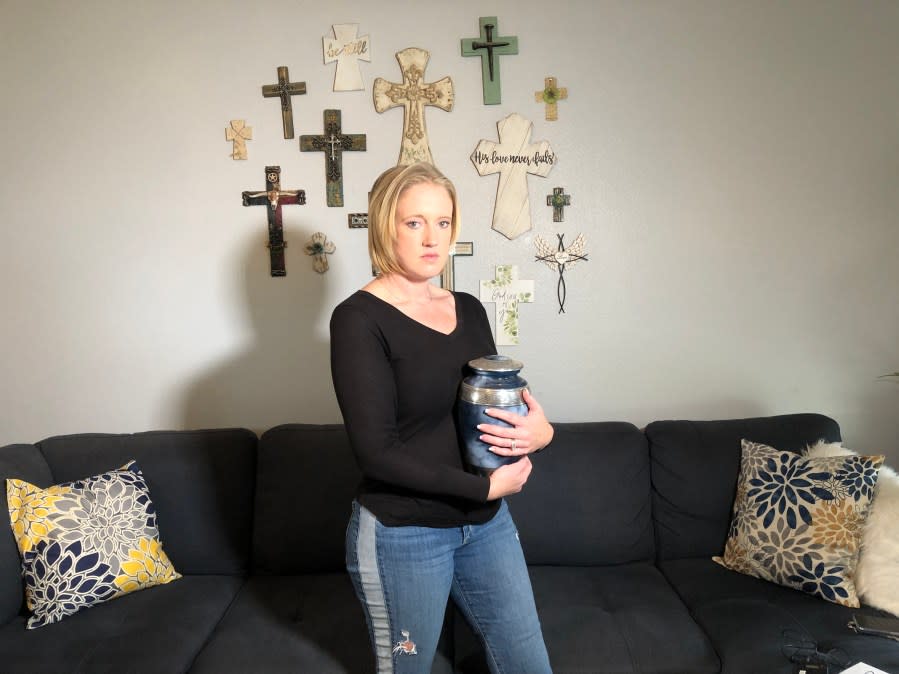
That was the case with Dennis-Pollard. She said she’s grateful the judge who responded to her dad’s death took the time to explain the process. After waiting for months for his autopsy to be completed, she received his death certificate which stated his manner of death could not be determined.
“He wanted his organs donated. He wanted to help someone else. But after being in a freezer for eight months, that was not possible,” Dennis-Pollard said. “Losing a parent is heartbreaking.”
For the latest news, weather, sports, and streaming video, head to KXAN Austin.
